In a major step towards building climate-resilient and data-driven agriculture in Pakistan, nine state-of-the-art automatic weather stations are being installed across Sanghar, Badin, and Umerkot districts. These advanced facilities will deliver real-time weather data, including temperature, wind speed, rainfall, and soil temperature, to support better farming decisions and disaster preparedness.
The initiative, led by the Food and Agriculture Organization (FAO) in collaboration with the Pakistan Meteorological Department (PMD) and Sindhs agriculture and irrigation departments, is designed to empower smallholder farmers, researchers, and policymakers with critical climate insights. The technology will play a vital role in irrigation scheduling, crop planning, and resource optimization.
Dr. Jules Mochimei, Provincial Head of FAO, emphasized the transformative impact of technology in agriculture, saying, “Real-time weather data can increase crop yields, reduce losses, and improve disaster response. Its a game changer for the farming community.”
Director General of Agriculture Extension, Munir Ahmed Jamani, highlighted the projects role in promoting efficient irrigation systems and reducing water wastagea pressing concern in Sindhs water-scarce environment.
A key feature of the initiative is the launch of the ACWA Portal, introduced by Emilda Berejena. This digital platform will provide climate and weather data to policymakers, allowing for more informed agricultural and environmental decisions.
Also read: Gallup Pakistan Survey Reveals Shifting Health and Nutrition Trends Among Pakistanis
Chief Meteorologist of PMD, Muhammad Afzal, pointed out that this data would help farmers better manage crops, optimize pesticide usage, and fine-tune irrigation schedules. PMD Director General Sahibzad Khan added, “Access to accurate weather information is essential for informed decision-making in agriculture and beyond.”
FAOs Representative in Pakistan, Florence Rolle, urged government agencies to fully leverage the new system for public benefit. Special Secretary of Sindh Irrigation Department, Sajid Ali Bhatto, pledged complete technical and administrative support for the project.
In the academic domain, Sindh Agriculture University Vice-Chancellor Dr. Altaf Ali Siyal called this development revolutionary, noting that access to reliable real-time data would greatly enhance research and education for faculty and students alike.
These automatic weather stations are expected to significantly reduce climate-related risks for farmers, improve crop planning, and enhance productivity through precise and efficient water management. The project represents a milestone in strengthening Sindhs agricultural resilience and securing food systems amid climate change.
Following the installation event, the UN delegation visited the office of Deputy Commissioner Sanghar, Sarah Javed, and expressed appreciation for the district administrations support and coordination in facilitating the initiative.
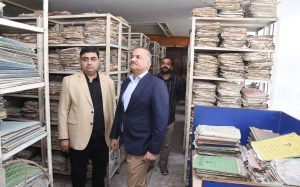

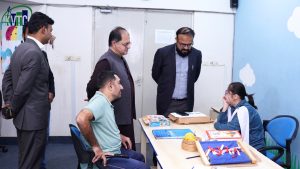





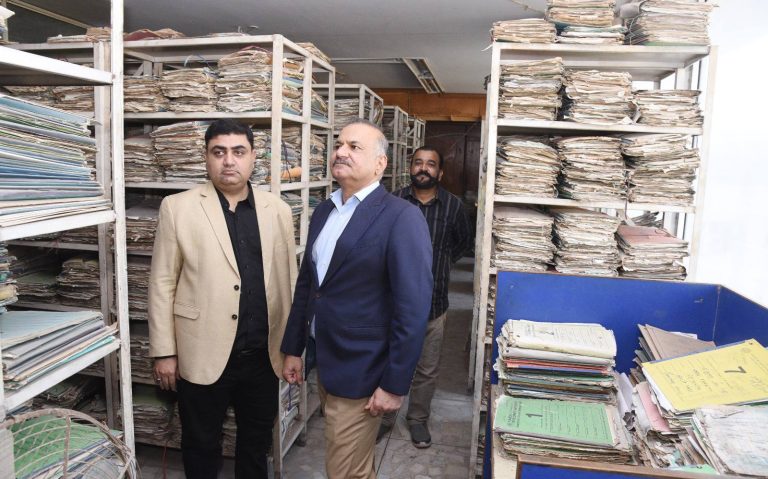
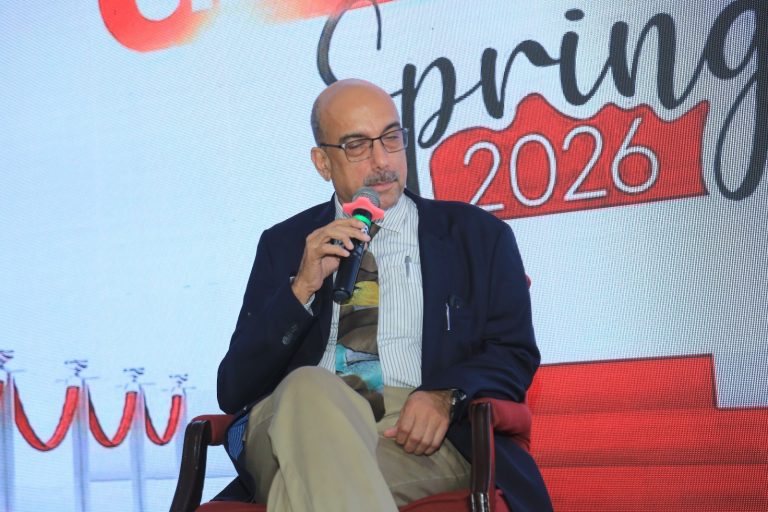
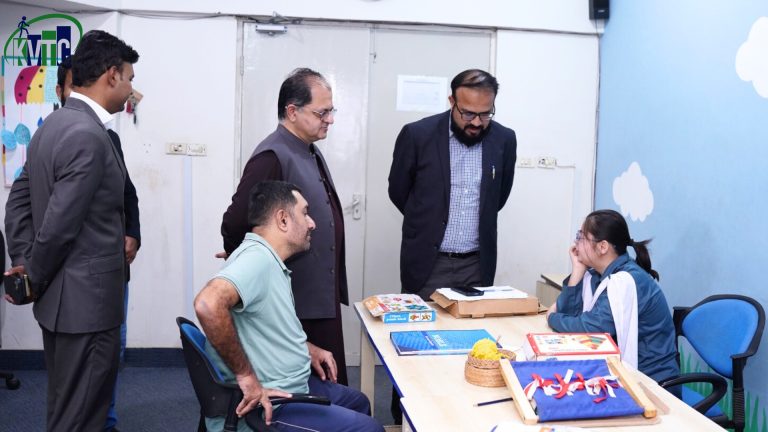






One thought on “Nine Automatic Weather Stations Installed in Sindh to Boost Climate-Resilient Agriculture”
Comments are closed.